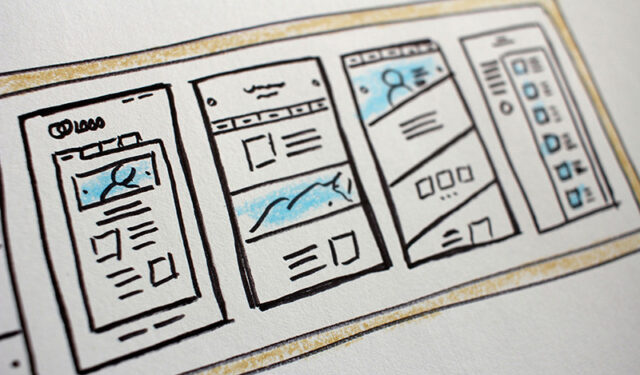UFSCar is implementing an innovative initiative by including the ethnicity field/indigenous people in the Institutional Repository’s metadata, valuing original authorship in scientific output. In addition to this new field, the title, keywords, and abstract metadata also encourage the use of indigenous languages by student researchers, thus contributing to the construction of a science that is more committed to epistemic justice and to Brazil’s cultural and linguistic diversity. … Read More →
Accessibility in the SciELO Program: current status and future prospects – Part 2
The SciELO Accessibility Interdisciplinary Working Group has been developing actions for the production and dissemination of open science with accessibility, making improvements to the sites that use the SciELO methodology, awareness-raising activities and partnerships with publishing teams. These and other practices are planned for the next four years. … Read More →
Accessibility in the SciELO Program: current status and future prospects – Part 1
The SciELO Accessibility Interdisciplinary Working Group has been developing actions for the production and dissemination of open science with accessibility, making improvements to the sites that use the SciELO methodology, awareness-raising activities and partnerships with publishing teams. These and other practices are planned for the next four years. … Read More →
New tool to assess equity in scholarly communication models
The “How Equitable Is It” tool, launched at the OASPA 2024 conference, was developed by a multi-stakeholder Working Group convened by cOAlition S, Jisc and PLOS, with the goal to provide a framework for evaluating scholarly communication models and arrangements on the axis of equity. … Read More →
Editorial policies for inclusion and diversity in the Revista Brasileira de Estudos da Presença
The Revista Brasileira de Estudos da Presença has implemented important changes by adopting Open Science practices with a focus on IDEIA principles, being a pioneer in the area of Performing Arts in Brazil. Prior to this, the journal already followed similar principles, as evidenced by the thematic section “Performance and Ethnic-Racial Relations”, published in 2017. … Read More →
Contributions of Educação em Revista for the advance of Open Science in Brazil
Since 2021, Educação em Revista has been committed to Open Science. Celebrating its 39th anniversary in 2024, the journal begins the Special Week on the SciELO in Perspective blog | Humanities, bringing discussions about its experience on adopting Open Peer Review and new perspectives towards a more transparent and collaborative science. … Read More →
The influence of implicit biases on the adoption of DEIA principles
Adherence to the principles of diversity, equity, inclusion and accessibility (DEIA) has been hampered by implicit biases, relating to implicit memory, which influences actions and decisions unconsciously. Progress involves institutional commitment, changing the culture, setting goals, and developing operational strategies. … Read More →
Executive summary: SciELO 25 Years Meeting – Open Science with IDEIA
Various stakeholders met and outlined several key points for the advancement of Open Science in Latin America. These included strengthening the governance of the SciELO Network and aligning it with open science practices, the use of AI tools and resources in research communication and the creation of an Office of Ethics and Good Practices in Scholarly Communication. … Read More →
The South African Journal of Science (SAJS) and the goals of accessibility, inclusion and change
A conversation between Prof Leslie Swartz, Editor-in-Chief of the South African Journal of Science (SAJS), and Dr Nkosinathi Madondo, associate editor mentee of SAJS. … Read More →





















Recent Comments